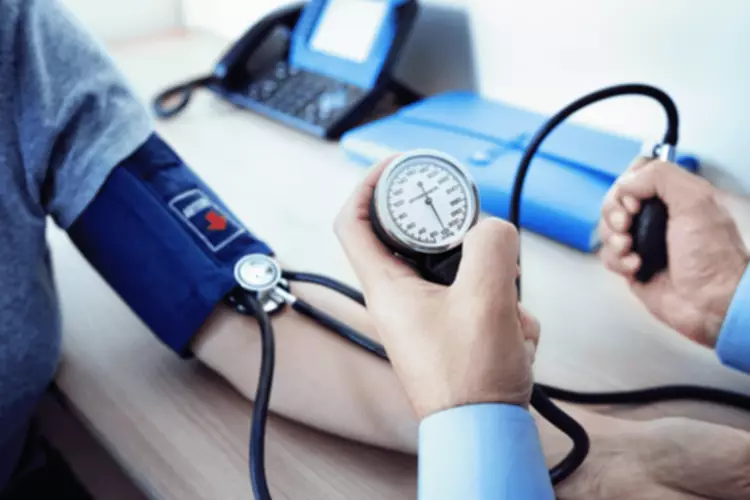At Acqua Recovery, our nutrition therapy, led by our dedicated Chef Kyria Cropper, goes beyond meals – it’s a culinary journey infused with love and care. Kyria crafts every meal from scratch, ensuring each bite is a gesture of support and nourishment. Her commitment extends to meeting the diverse nutrition needs of clients, even accommodating specific dietary restrictions. Beyond the plate, Kyria hosts engaging weekly groups focusing on nutrition education, food preparation, and cultivating healthy eating habits. Her creativity blossoms in the kitchen, incorporating fresh produce from our garden.
- When a person feels better, they are less likely to start using alcohol and drugs again.
- A multivitamin can be enough; however, some people may prefer to take multiple vitamins separately.
- And if you established unhealthy eating habits while drinking alcohol, they may suddenly be very obvious.
- Eating a balanced diet can help manage the alcohol withdrawal symptoms and restore physical and mental health during recovery.
- And during the detox process, their malnourished bodies may be forced to endure more without an alcohol master cleanse diet.
- There hasn’t been a lot of research on the role of nutritional therapy in recovery from substance use yet.
Diet-Related Symptoms of Substance Abuse
- It may irritate the stomach lining in some cases, making nausea or the effects of alcohol on the intestinal tract worse.
- Protein-rich foods such as lean meats, fish, eggs, yogurt, and tofu can help support the healthy function of various organs, including the liver, kidney, pancreas, and heart.
- Nutritional therapy, a treatment approach that involves nutrition education, changing your diet, and adding supplements, can help balance out this loss.
- Naltrexone can be taken daily by mouth or injected once per month, making it a better option for patients who might struggle to take a daily oral medication.
- It blocks opioid receptors and prevents opioids — both “exogenous” opioid drugs and “endogenous” opioids produced in the brain — from activating these receptors.
If eligible, we will create a treatment plan tailored to your specific needs. If The Recovery Village is not the right fit for you or your loved one, we will help refer you to a facility that is. A deficiency of vitamin B1 (thiamine) can be especially harmful, leading to irreversible brain damage if not addressed.
Ozempic, the weight-loss treatment with potential to end alcohol addiction – EL PAÍS USA
Ozempic, the weight-loss treatment with potential to end alcohol addiction.
Posted: Thu, 15 Jun 2023 07:00:00 GMT [source]
How can diet contribute to overall well-being and mental health during recovery?
- Highly processed foods may not be able to offer the same nutrients as those that are less processed.
- Aside from water, it can be beneficial to add hydrating foods into the mix.
- When you drink alcohol, it releases a burst of dopamine, serotonin, and other “feel good” chemicals in your brain.
- During detox and the early stages of recovery from alcohol abuse or addiction, taking in enough nutrients through a balanced diet can help promote physical, cognitive, and mental health.
- If you or someone you love is ready to quit alcohol, contact us today to learn more about detox and treatment programs that can work well for your situation.
The most common deficiencies are of the B vitamins (B1, B6, and folic acid). A lack of these nutrients causes anemia and nervous system (neurologic) problems. For example, a disease called Wernicke-Korsakoff syndrome (“wet brain”) occurs when heavy alcohol use causes a lack of vitamin B1. Whole grains are fiber-rich alcohol recovery diet foods that slowly release sugar into a person’s system, which helps to prevent mood swings and keep you feeling fuller for longer. Complex carbs, such as lentils, whole-grain bread, and fruits and vegetables offer several benefits for people who are in this early stage of alcohol addiction recovery.
Support Group: Practicing self-compassion while changing your relationship with alcohol
That is why alcohol detox and alcohol withdrawal treatment is administered by medical professionals. If you are ready to begin a life without alcohol, The Recovery Village is here to help. Contact us today to learn more about treatment programs, including alcohol detox and recovery plans that can work well for your situation. Regrettably, both the FDA-approved and off-label medications for alcohol use disorder have relatively small effects on alcohol consumption. However, this average varies significantly between patients — some see a large effect, and some see no benefit. It might be surprising that an opioid receptor antagonist is effective for treating alcohol use disorder.
As we’ll discuss below, it’s best to avoid these types of food in order to keep your body as healthy as possible as it navigates withdrawal symptoms and recovers from alcohol. A struggle with alcohol use impacts many aspects of a person’s life, including diet and nutrition. Drinking too much can lead to severe nutrient depletion, creating symptoms that can make alcohol detox and recovery more difficult and permanently affect your health. Eating a healthy diet and supplementing with vitamins as needed can help correct some of the damage from drinking.

Moreover, nutrition can boost the effects of other things that promote neuroplasticity, such as physical exercise, cognitive training, and meditation. These are the vitamins and minerals that are needed in small amounts but play important roles in the regulation of brain metabolism, energy production, gene expression, and enzyme activity. Some of the key micronutrients for neuroplasticity are vitamin B complex, vitamin D, magnesium, zinc, iron, and iodine. These can be found in a variety of foods, such as whole grains, leafy greens, mushrooms, eggs, cheese, seafood, and meat. These are the main parts of the cell membranes and help keep the neurons flexible and healthy.
- Alcohol withdrawal can begin within hours of ending a drinking session.
- Unfortunately, the foods that a person is most likely to crave are usually the foods that are better to avoid.
- Too little could eventually cause serious learning and memory problems, a condition called Wernicke-Korsakoff’s syndrome.
- In turn, these symptoms may cause an opioid user to not eat enough or absorb certain nutrients, or to suffer an imbalance of electrolytes such as sodium, potassium, and chloride.
- At Acqua Recovery, our nutrition therapy plays a pivotal role in the path to recovery from alcohol abuse.

Whole Grains and High-Fiber Foods
Stay Away from Processed Foods
Last modified: May 23, 2024
